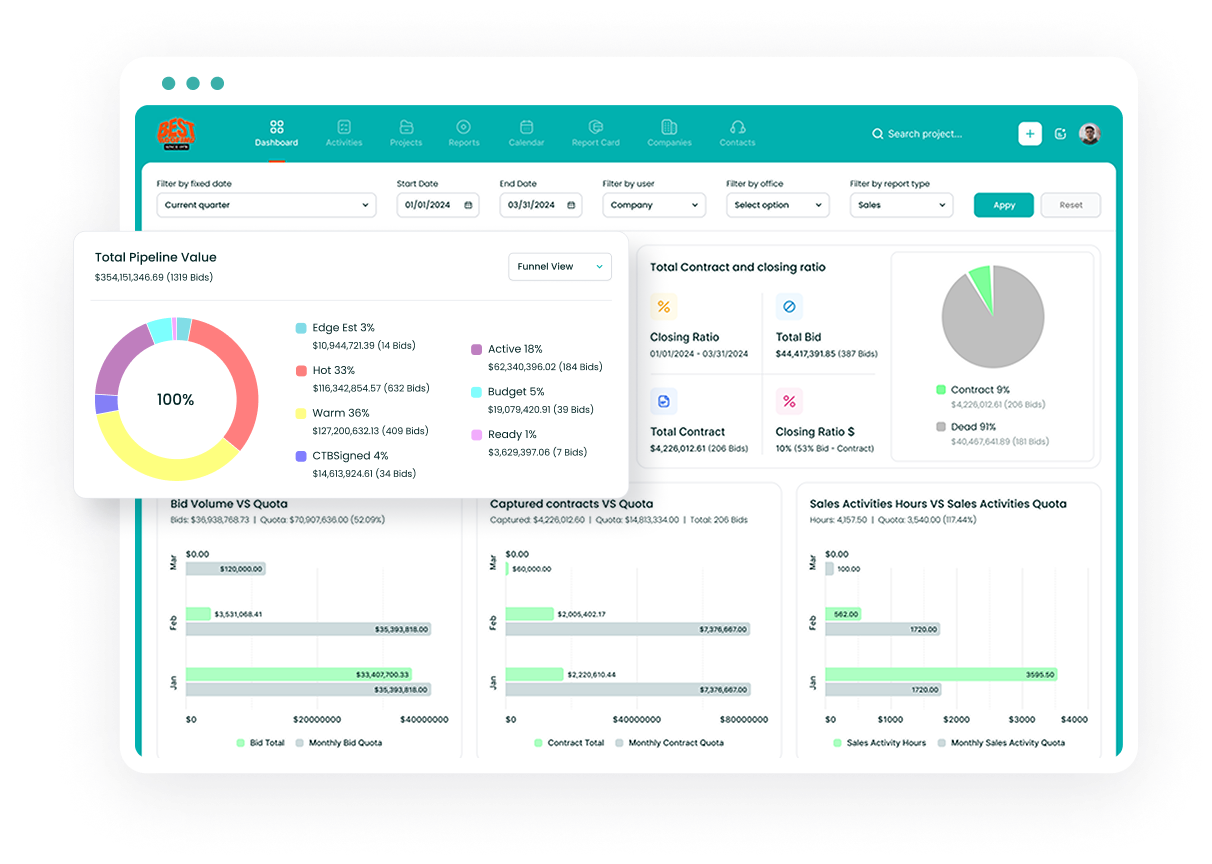Pre-Update Preparation
System Requirements Check Before initiating any updates, verify that all workstations meet the minimum system requirements for the new version. Incompatible hardware or software configurations can cause crashes and performance issues after the upgrade.
Backup Protocol Create comprehensive backups of your production environment. Multiple backup copies are essential as you can never have too many backups during an update process.
User Communication Notify all users about the planned update and expected downtime. Depending on the size of your organization and number of integrated modules, the update process could require one to two days of system unavailability.
Server-Side Update Process
Download and Installation
- Log into the Sage Customer Portal
- Navigate to Product Help in the top right corner
- Select Sage 300 under Support By Product
- Locate the appropriate version in the Latest Updates section
- Download the update file to your server's shared data directory
Important Installation Notes
- Ensure no users are active in the system during installation
- Run the installation file as administrator
- Accept all default settings during installation
- Verify successful installation through Help > System Information
Workstation Update Implementation
Standard Workstation Setup The workstation update process requires careful execution following these steps:
- Uninstall existing workstation setup if applicable
- Install the new workstation setup (wssetup.exe) from the product update
- Execute wssetup.cmd to complete the registration process
Location of Update Files Navigate to the following path on your server:
\\<servername>\Sage300\HQ80A\WSSETUP\
The WSSETUP.CMD file should be run from this location on each workstation.
Integration Considerations
Connected Services When updating Sage 300, consider the following integrated components:
- Sage CRM integration requires separate upgrade procedures
- HR Integration needs version 8.0 installation and activation
- Intelligence Reporting workstation setup must be run on applicable workstations
Special Requirements For workstations using specific modules:
- Payroll users need tax update "C" minimum installation
- Windows users require appropriate rights for component registration
- Integrated solutions may need matching updates for compatibility
Performance Optimization
Client/Server vs. Workstation Setup Considerations
|
Aspect
|
Workstation Setup
|
Client/Server Installation
|
|
Speed
|
Network dependent
|
Faster local access
|
|
Installation
|
Simple process
|
More complex setup
|
|
Maintenance
|
Centralized
|
Individual maintenance
|
|
Network Load
|
Higher traffic
|
Lower traffic
|
Post-Update Verification
System Checks After completing the update process:
- Clear browser cache on all workstations
- Verify database connectivity
- Test all critical business functions
- Confirm module accessibility
- Check integration points with third-party applications
Troubleshooting Common Issues
Update Failures If workstations experience issues after updates, verify:
- Antivirus software isn't interfering with the launch
- Windows firewall settings are properly configured
- UAC notifications are set appropriately
- No conflicting background applications are running
Database Connectivity When database connection issues occur:
- Check Actian service status
- Verify network profile settings (should be 'Private')
- Confirm database setup configuration
- Review user permissions and access rights
Best Practices for Update Management
Update Schedule Sage typically releases updates according to this schedule:
- Update 1: December/January
- Update 2: April
- Update 3: July
- Update 4: September
Version Control Maintain proper version control by:
- Supporting only current and two previous versions
- Keeping all integrated systems on compatible versions
- Documenting all update procedures and configurations
- Testing updates in a separate environment before production deployment
Security Considerations
Access Control Implement proper security measures during the update process:
- Restrict server access during updates
- Maintain audit logs of update activities
- Verify user permissions post-update
- Review security settings across all modules
Data Protection Ensure data integrity through:
- Multiple backup points
- Verification of backup integrity
- Secure storage of backup files
- Documentation of recovery procedures
Long-term Maintenance
Update Documentation Maintain detailed records of:
- Installed versions and updates
- Modified configurations
- Custom integrations
- Troubleshooting solutions
System Monitoring Implement ongoing monitoring to:
- Track system performance
- Identify potential issues
- Plan future updates
- Optimize resource usage
By following these comprehensive guidelines, organizations can effectively manage Sage 300 updates across their network infrastructure while minimizing disruption to business operations. Regular maintenance and proper documentation ensure system stability and optimal performance across all workstations connected to the server environment.
Sources: [1] https://www.baass.com/blog/tips-tricks-install-product-updates-for-sage-300 [2] https://help.sage300.com/en-us/2024/classic/Content/ReleaseDocs/ReleaseNotes.htm [3] https://www.baass.com/blog/best-practices-for-upgrading-and-updating-sage-software [4] https://help.sage300.com/en-us/2025/classic/Content/ConnectedServices/HRManagement/Workstation_Setup.htm [5] https://help.sage300.com/en-us/2024/classic/Content/ReleaseDocs/TechnicalInformation.htm [6] https://www.greytrix.com/blogs/sageaccpacerp/2019/10/25/workstation-setup-vs-client-server-installation/ [7] https://www.accountingadvice.co/sage-300-crashes-after-upgrade/ [8] https://communityhub.sage.com/us/sage_construction_and_real_estate/f/sage-300-construction-and-real-estate/100989/workstations-need-to-be-updated-after-update [9] https://www.greytrix.com/blogs/sageaccpacerp/2013/05/16/installation-of-sage-300-erp-workstation-setup/

